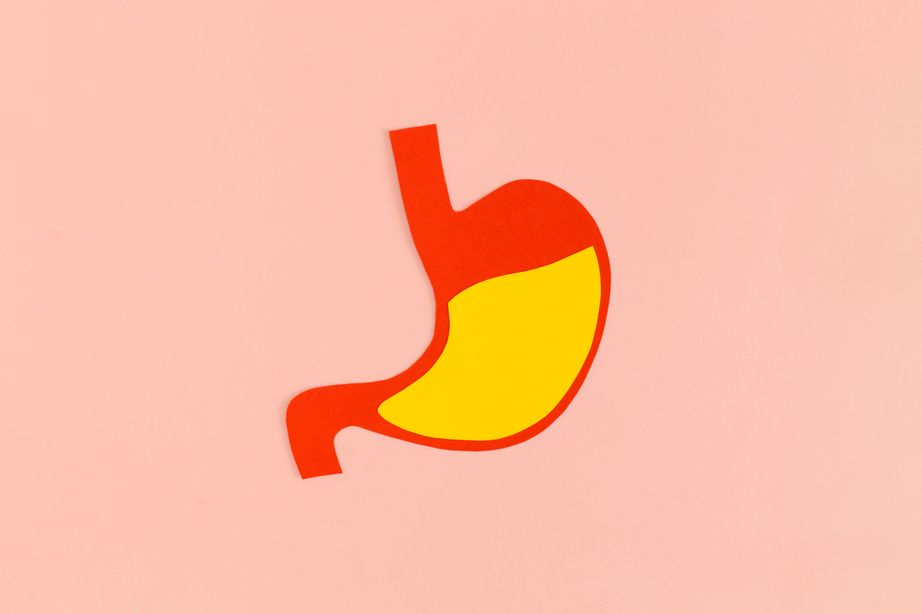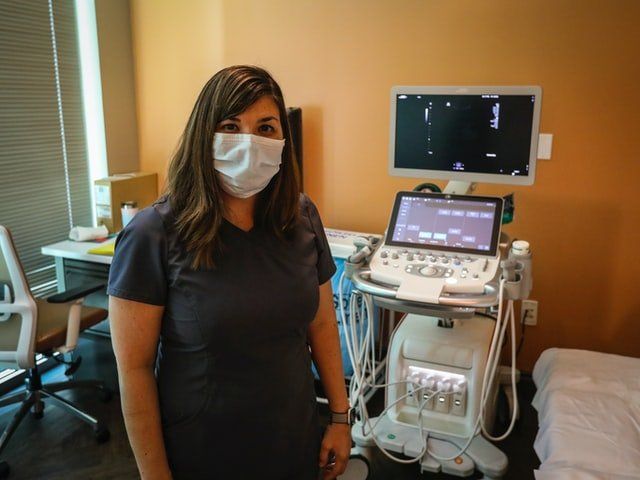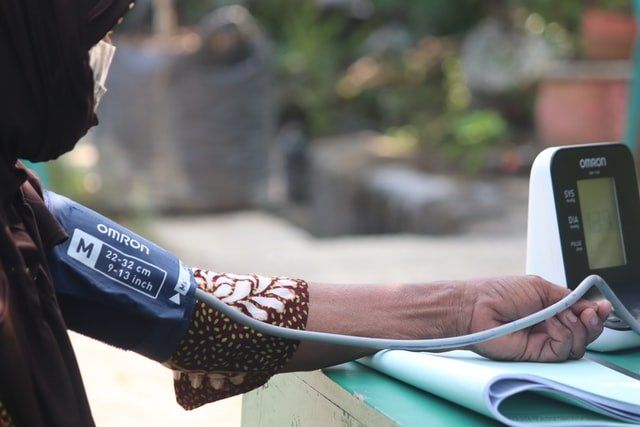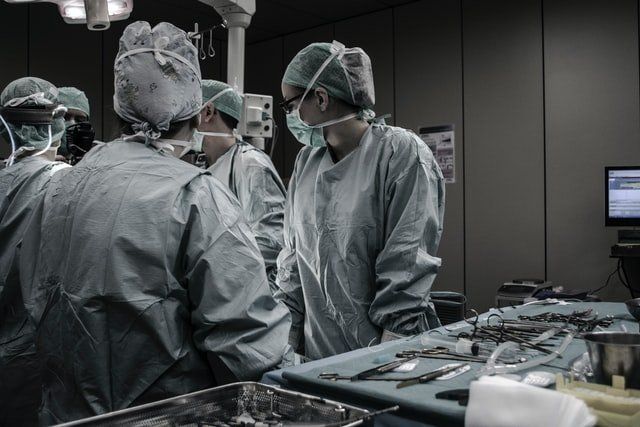Common Disorders of the Pancreas You Should Be Aware Of
The pancreas is an organ responsible for two significant processes in your body: regulating your blood sugar and the digestion of food. However, the latter is more of an assistive functionality. As with other organs, the pancreas may also undergo certain disorders if you're not careful about what you eat.
That being said, there are quite a few pancreatic disorders that you must be aware of to get a general idea of how to handle it if ever your health runs into a speedbump along the way.
Acute Pancreatitis
Acute pancreatitis, also known as acute pancreatic inflammation, is an inflammation of the pancreas that can occur for a number of reasons. Acute pancreatitis occurs when digestive enzymes in the pancreas attack the insulin-producing islet cells.
Its symptoms can vary from mild to severe. The most common symptom is abdominal pain or pain in the upper abdomen. This can be accompanied by nausea, vomiting, or diarrhea and the pain usually worsens after eating. In some cases, pain may occur in the back rather than the upper abdomen.
If the inflammation keeps getting worse, it can result in pancreatic necrosis or death of the tissue. This is a severe condition as it can result in hemorrhage and perforation of the pancreas.
Chronic Pancreatitis
Chronic pancreatitis, also known as chronic pancreatic inflammation, is a condition in which the pancreas undergoes inflammation for a prolonged period, typically over a period of months or years.
Chronic pancreatitis may occur in two forms: chronic idiopathic pancreatitis and chronic alcoholic pancreatitis. In both conditions, the pancreas is inflamed, and there is no clear cause of pancreatitis.
Though the symptoms of chronic pancreatitis are similar to those of acute pancreatitis, they are usually milder and occur less often. Pain is only one of the symptoms instead of being the main symptom. Chronic pancreatitis may also occur alongside diabetes or pancreatic cancer.
Pancreatic Cysts
Cysts are basically sacs in the body that contain fluid, and they may be benign or cancerous. Pancreatic cysts can be benign or cancerous, and they can also occur in different parts of the pancreas. Some cysts can contain lymphatic fluid, and others can have digestive enzymes.
Symptoms of pancreatic cysts vary and depend on the size and location of the cysts in the body. Some cysts may even cause no symptoms at all.
The most common symptom of pancreatic cysts is pain. It can occur in the upper abdomen or back and is usually mild, though it is typically relieved after eating.
Pancreatic cysts may also cause nausea, vomiting, fever, and jaundice.
Pancreatic Cancer
Pancreatic cancer is one of the most common cancers, and it is also one of the deadliest. The cancer is usually detected late, and the 5-year survival rate for patients with pancreatic cancer is only 4% to 10%.
The most common symptoms of pancreatic cancer are jaundice and loss of appetite. When you first notice jaundice, you may also notice dark urine and pale stools. Other symptoms include abdominal pain, weight loss, and a feeling of fullness in the stomach.
Conclusion
Overall, if you're experiencing any of the symptoms discussed above, it may be best to visit your doctor for a more in-depth analysis. If your pancreatic dysfunction is the result of a disease that can be treated, your doctor can help you tend to it in a more systematic and safe approach.
Remember, detecting them early on may give you a better chance of recovering from them rather than discovering them late.
If you are looking for a specialist who offers state-of-the-art
pancreaticobiliary endoscopy, then I, Dr. Michel Kahaleh, are at your service. Having pioneered interventional endoscopy, I am a world-renowned endoscopist and gastroenterologist. I offer a wide range of endoscopic procedures towards my patients and their current conditions. Call my clinic today and book an endoscopic session that will help us determine your pancreatic concern.










